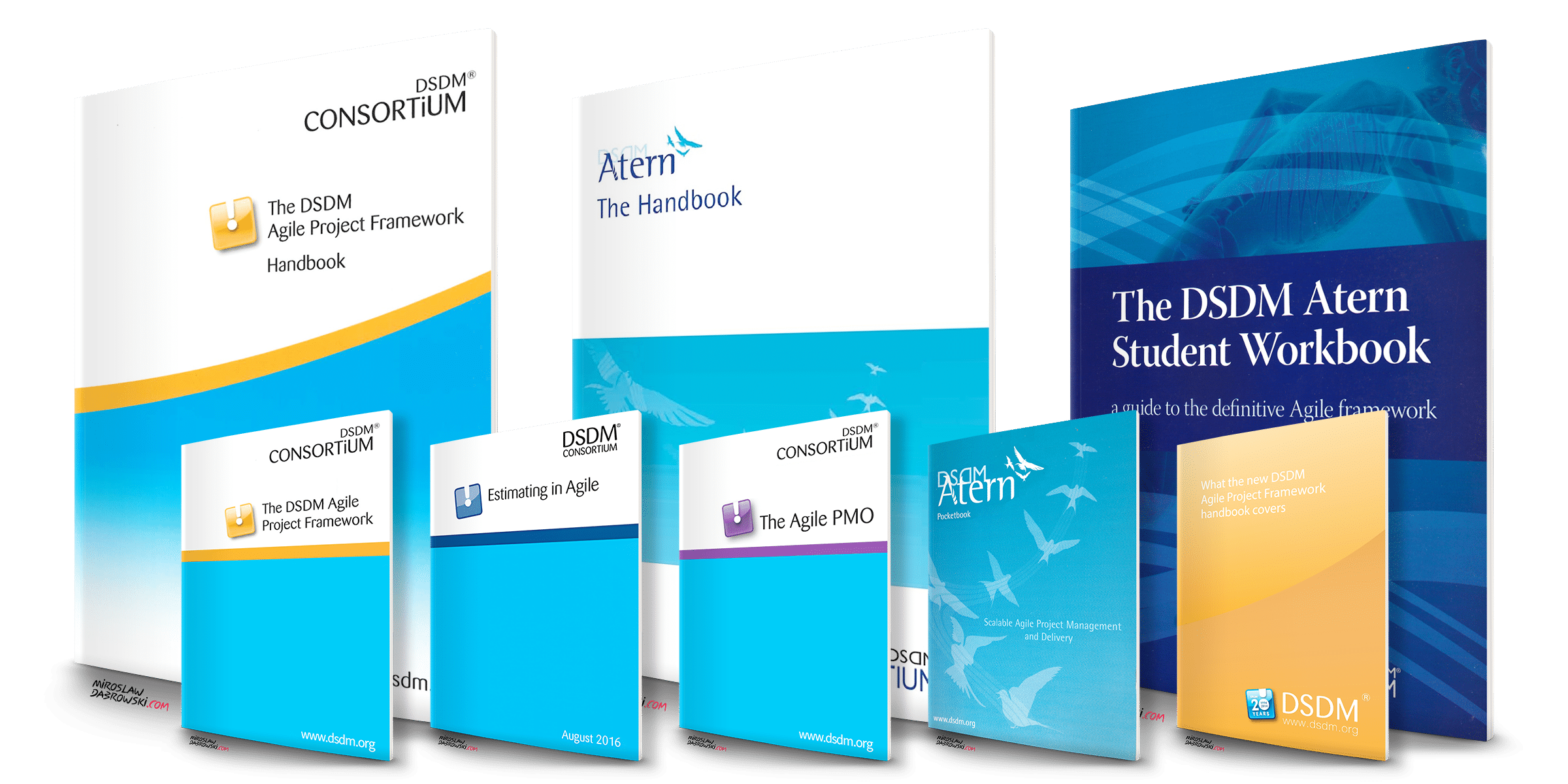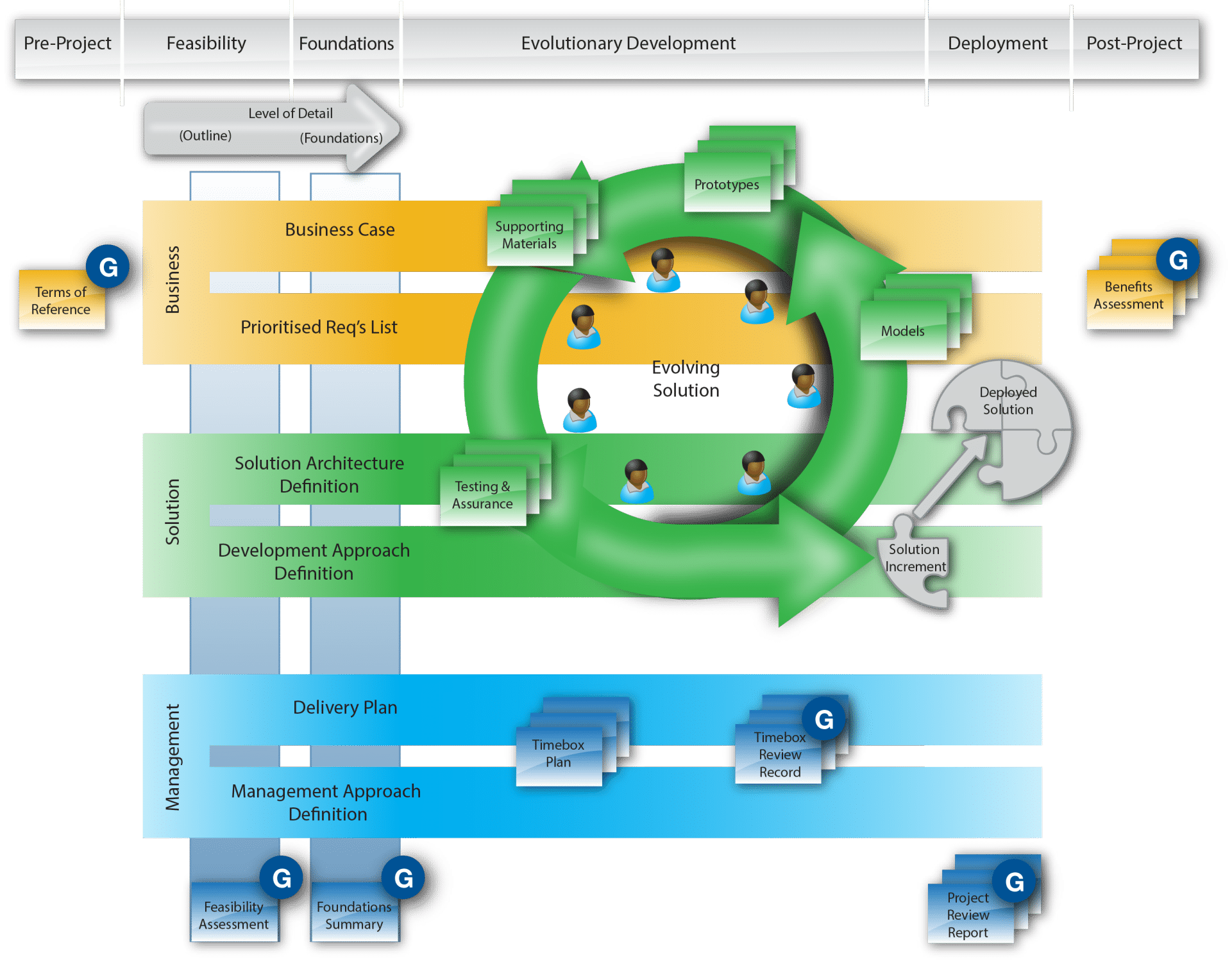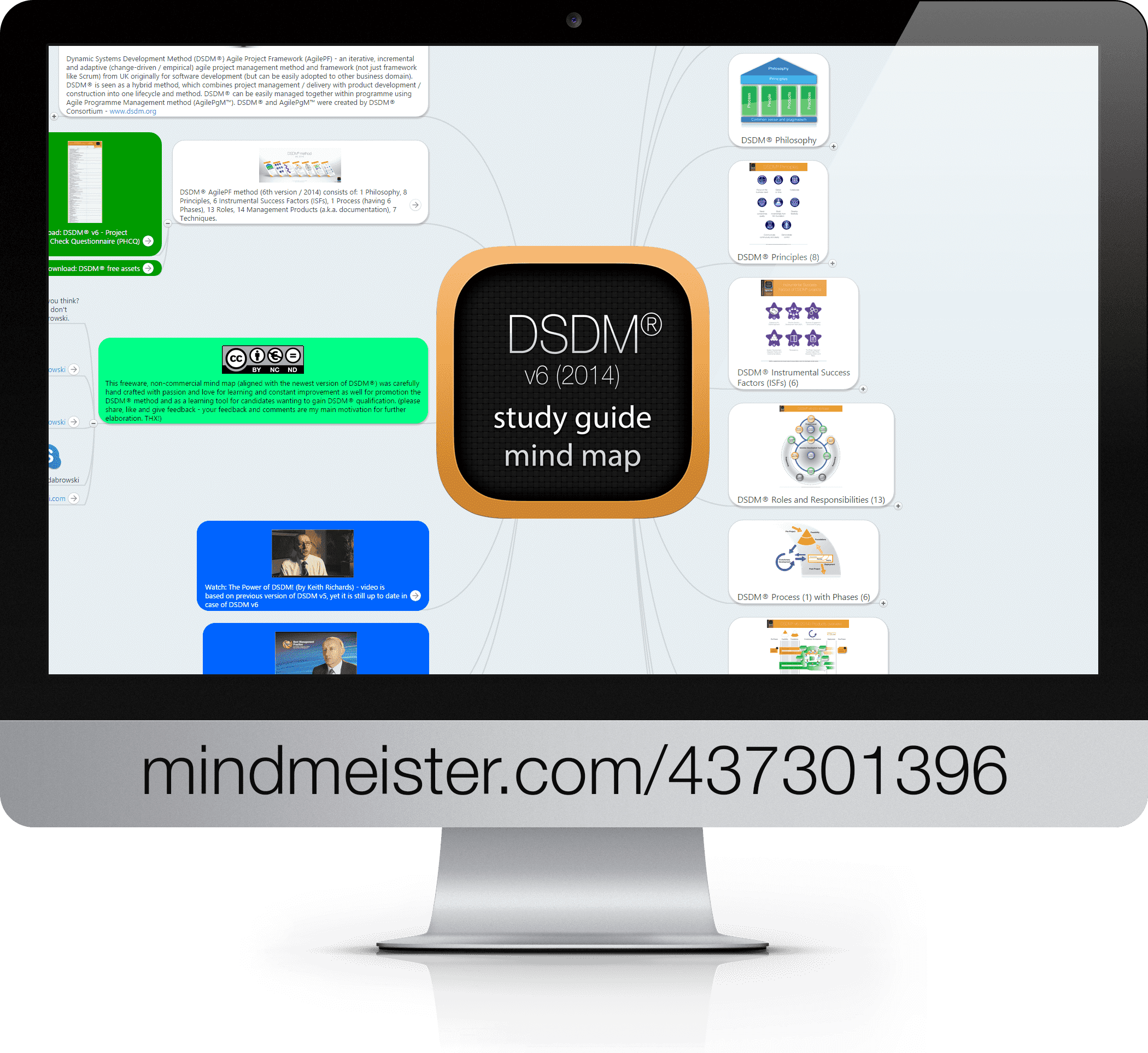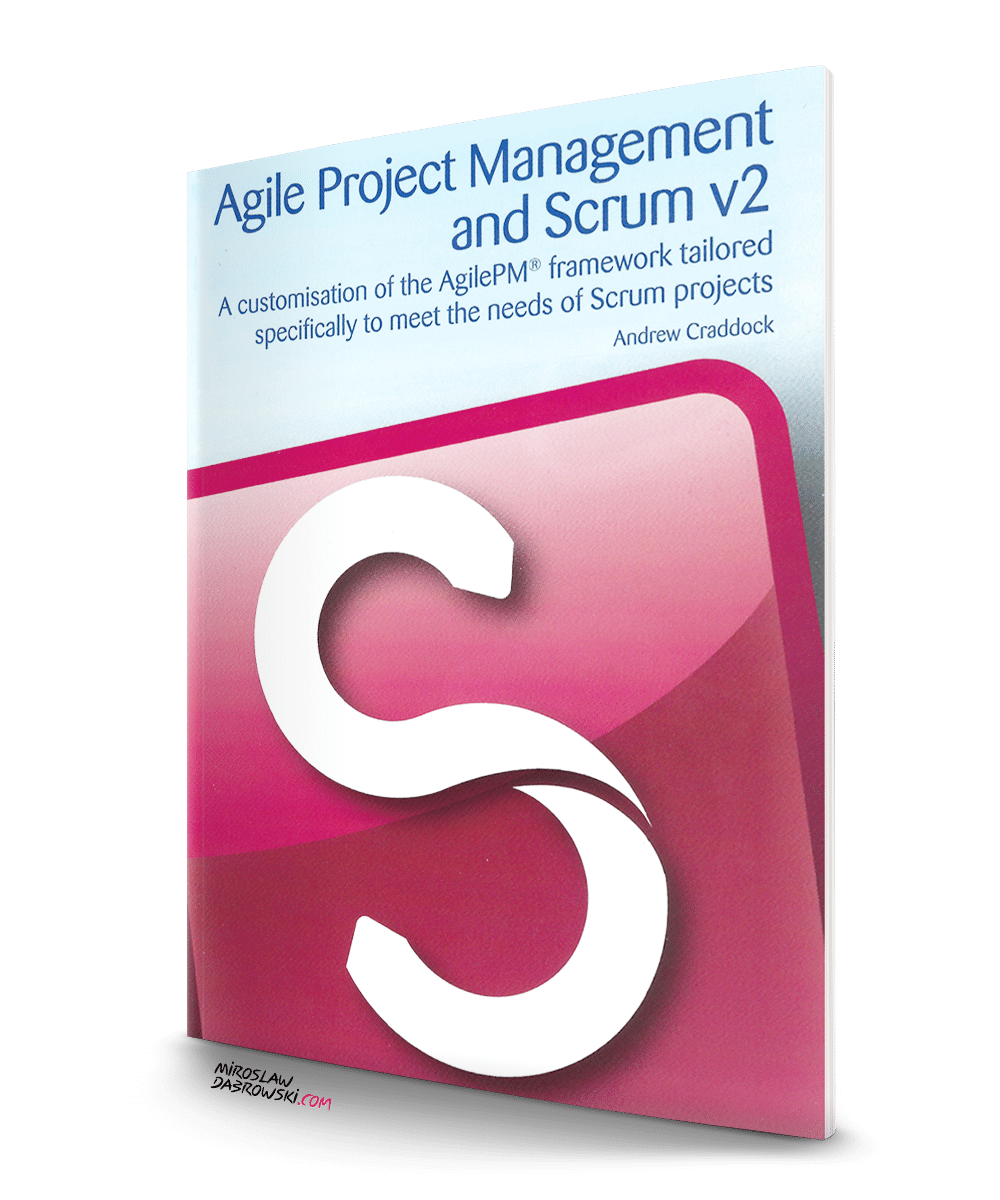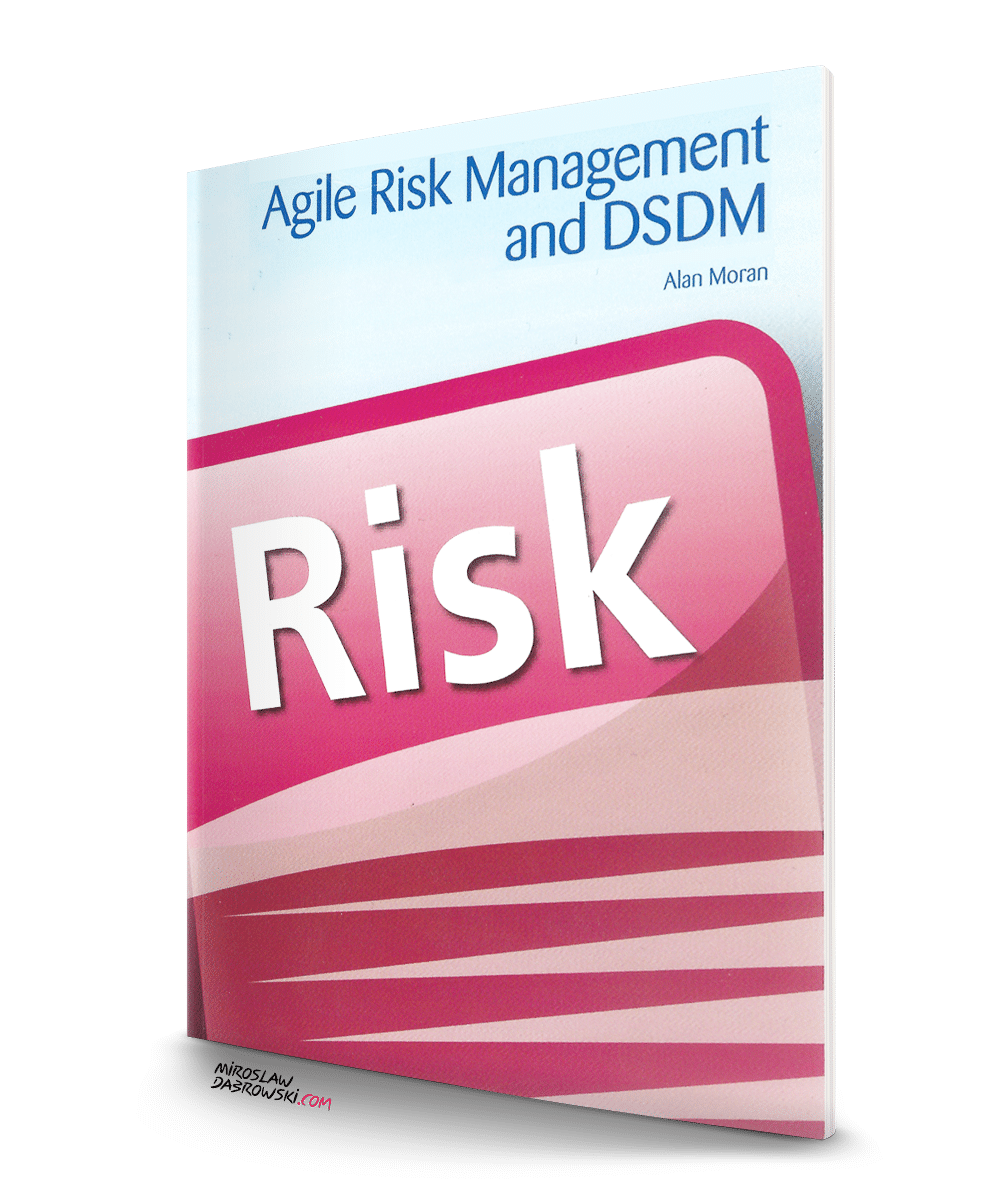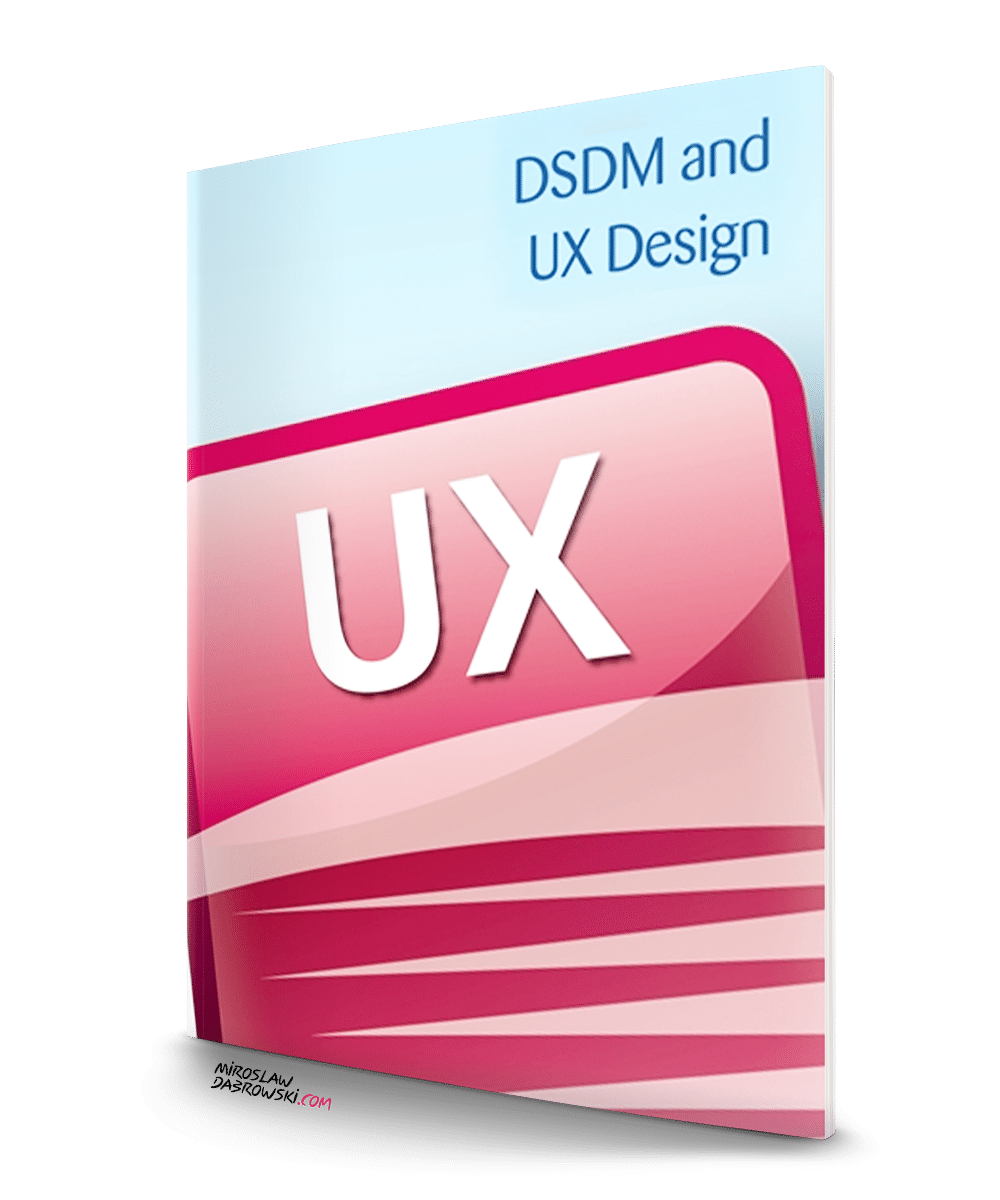Training participants will learn about the most important assumptions of the DSDM® AgilePF® methodology. The DSDM methodology was developed by the DSDM consortium (now the Agile Business Consortium), which dates back to 1994, i.e. before the creation of the Agile manifesto (developed in 2001). The methodology is particularly popular in Great Britain and is used for agile project management while maintaining traditional structures such as Steering Committees.
During the training, participants will learn all the elements of the DSDM AgilePF methodology such as design roles, processes, meetings, management products and techniques present in this methodology.

